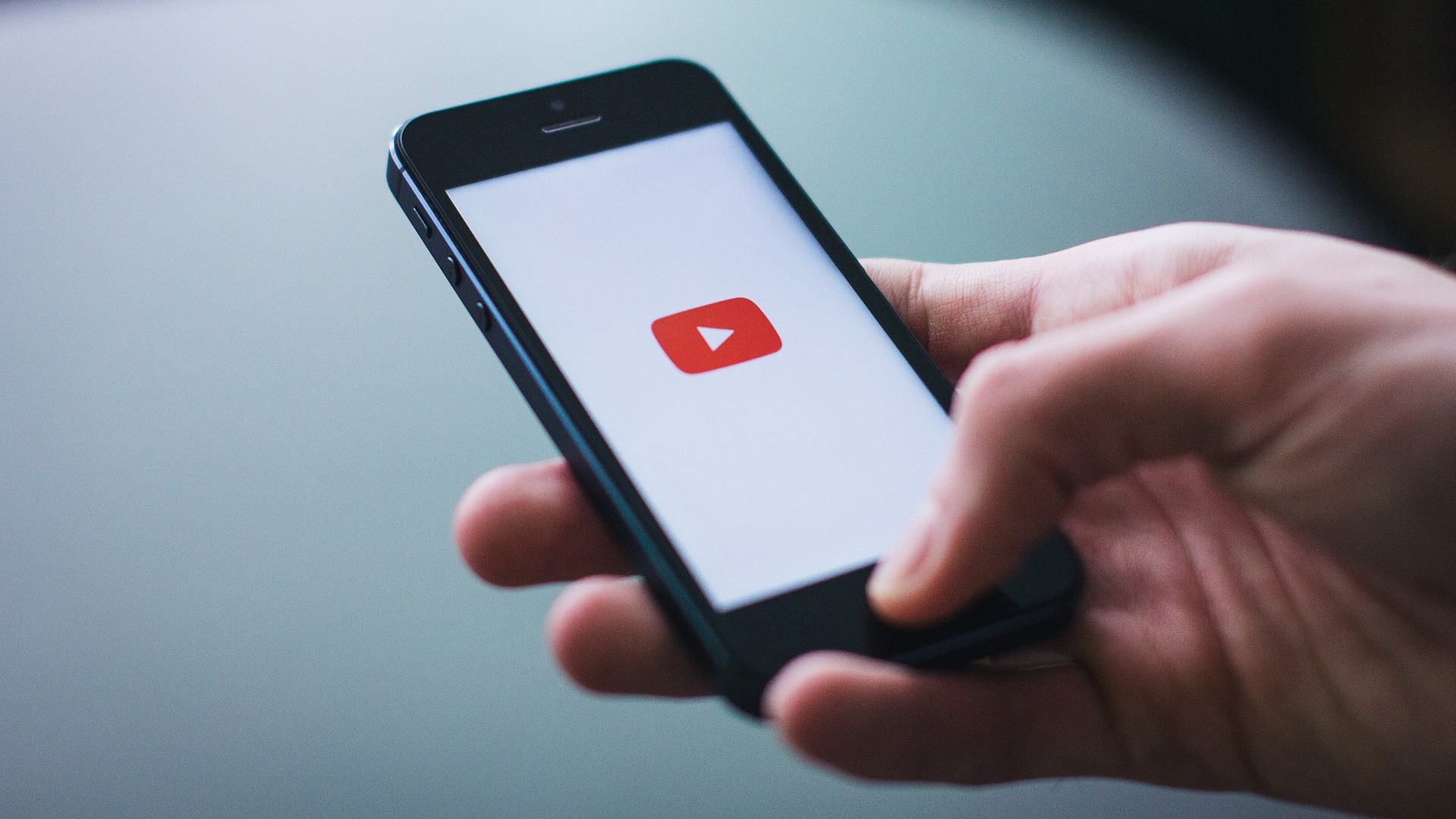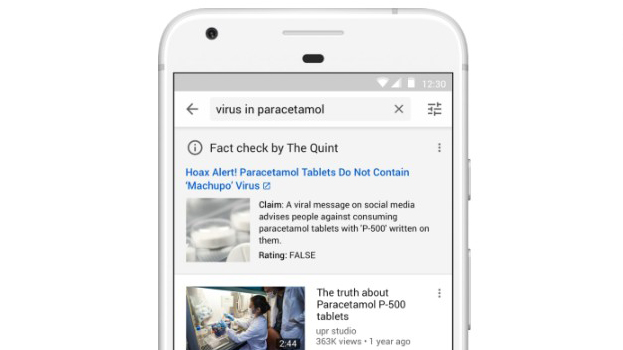YouTube will provide users with a 'fact-check' on sensitive search topics
Tackling fake news

YouTube is rolling out a new feature that will provide users with a fact-check when they search for sensitive topics, in a bid to tackle fake news videos on the platform.
According to Buzzfeed News, "boxes of text that provide debunks from YouTube’s verified fact-checking partners", will appear in the search results for what a YouTube spokesperson dubbed "topics that are prone to misinformation."
- How to download music from YouTube for free
- The best free YouTube downloader in 2019
- YouTube now supports swipe-based navigation
Although the new feature won't stop inaccurate videos from being uploaded to the platform, these information panels will mark sensitive topics with disclaimers like "Hoax alert!"
These information panels won't appear on individual videos, and will only be visible in the search results.
The new feature is currently available to a limited number of users in India, with YouTube set to roll it out globally – so far though, the company hasn't given a firm release date for the rest of the world.

Fake news
A YouTube spokesperson explained to Buzzfeed News that, “as part of our ongoing efforts to build a better news experience on YouTube, we are expanding our information panels to bring fact checks from eligible publishers to YouTube.”
YouTube isn't the first tech company to try to stem the proliferation of misinformation. Earlier this year, WhatsApp capped the number of times you can forward a message, in a move that was designed to limit the spread of fake news on the popular messaging app.
Get daily insight, inspiration and deals in your inbox
Sign up for breaking news, reviews, opinion, top tech deals, and more.
Whether YouTube users will take notice of these information panels remains to be seen, but it's clear that social media platforms are starting to take fake news very seriously indeed.
Via Buzzfeed News
Olivia was previously TechRadar's Senior Editor - Home Entertainment, covering everything from headphones to TVs. Based in London, she's a popular music graduate who worked in the music industry before finding her calling in journalism. She's previously been interviewed on BBC Radio 5 Live on the subject of multi-room audio, chaired panel discussions on diversity in music festival lineups, and her bylines include T3, Stereoboard, What to Watch, Top Ten Reviews, Creative Bloq, and Croco Magazine. Olivia now has a career in PR.
